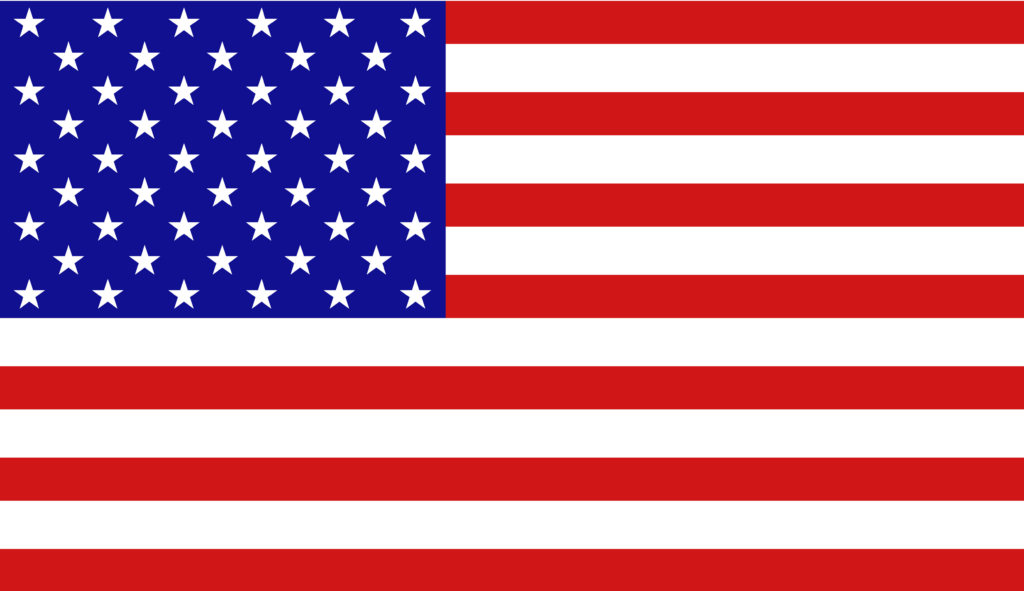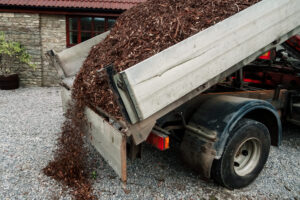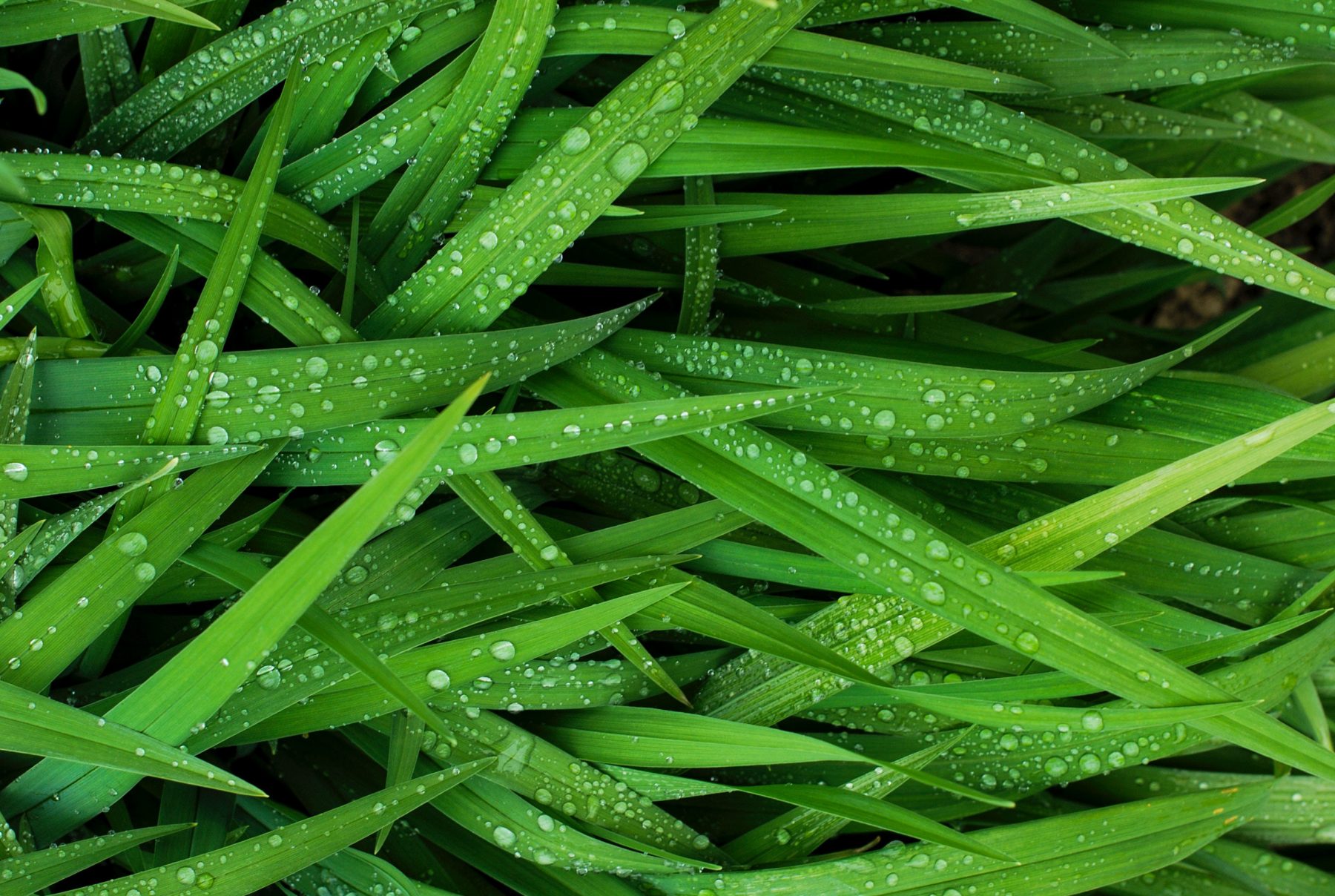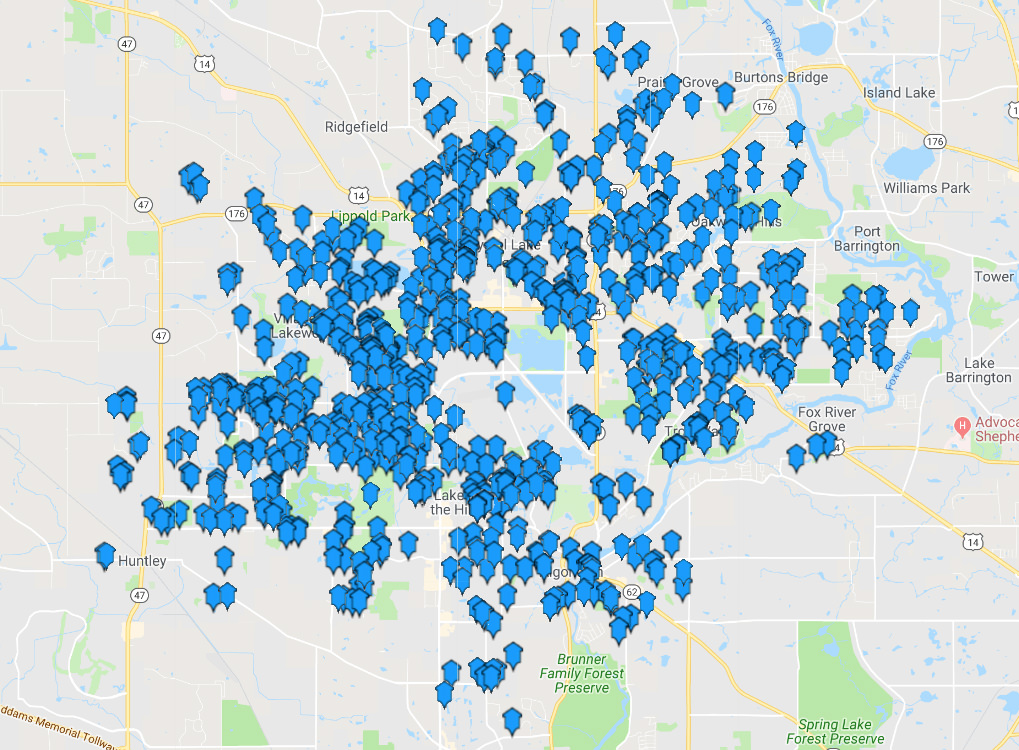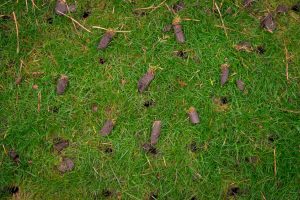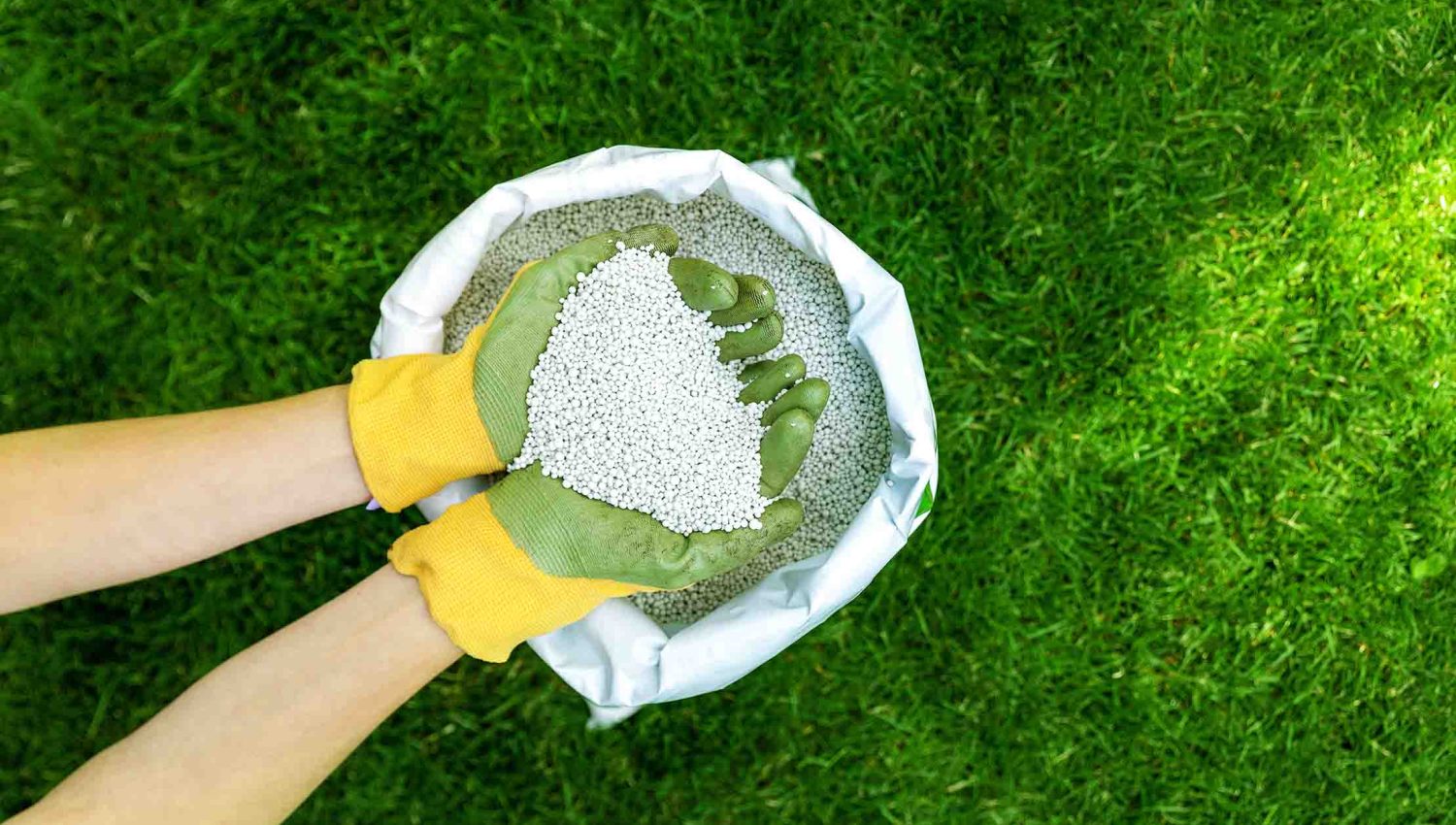
Granular Or Liquid Fertilizer Which Should You Use
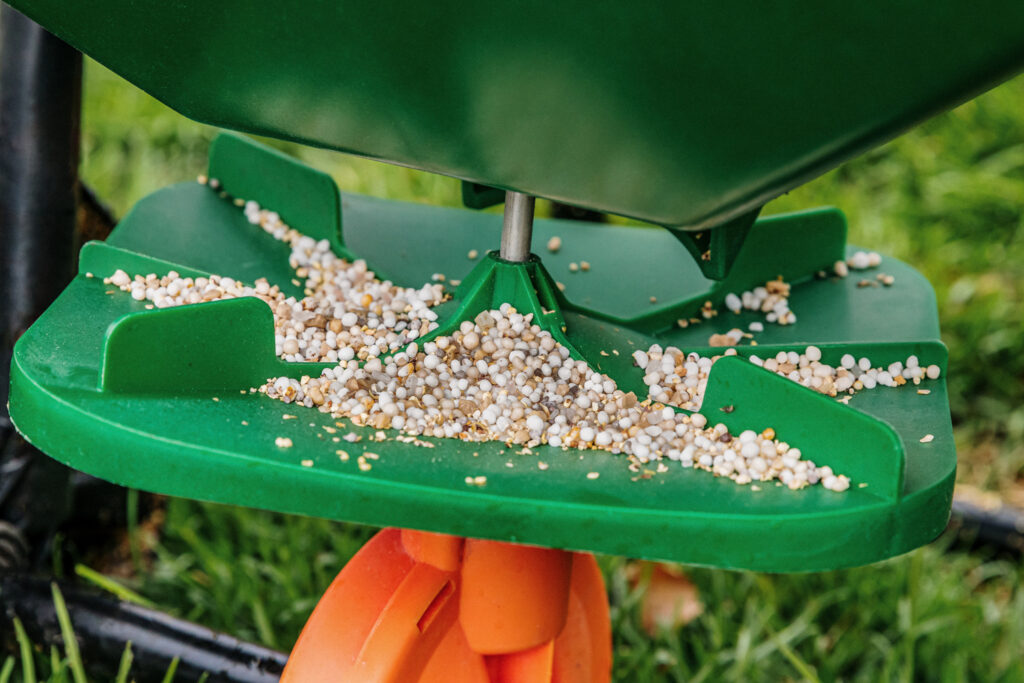
What's The Difference
Before going any further, let’s be clear on what we mean by the terms “granular” and “liquid” as they pertain to lawn fertilization. The NPK ratio denotes the levels of nitrogen, phosphorus, and potassium, respectively, that are present in the fertilizer. Though both granular and liquid fertilizers contain these same macronutrients, the different form and delivery system of each are what create the unique benefits.
Granular Fertilizers
Granular Fertilizers are composed of solid particles that are usually applied with a spreader or directly by hand. These granules dissolve slowly in the soil and release their nutrients over time. Granular fertilizers do not need to be reapplied as often because of their slow distribution, but they will need to be watered into your lawn to take effect.
Liquid Fertilizers
Liquid fertilizers are made of dissolved minerals that are sprayed onto the lawn with a hose-end sprayer or a tank sprayer. They provide quick absorption because they do not need to be dissolved in the soil first. Liquid fertilizers are easy to apply, and they are the best choice for more immediate results in your lawn.
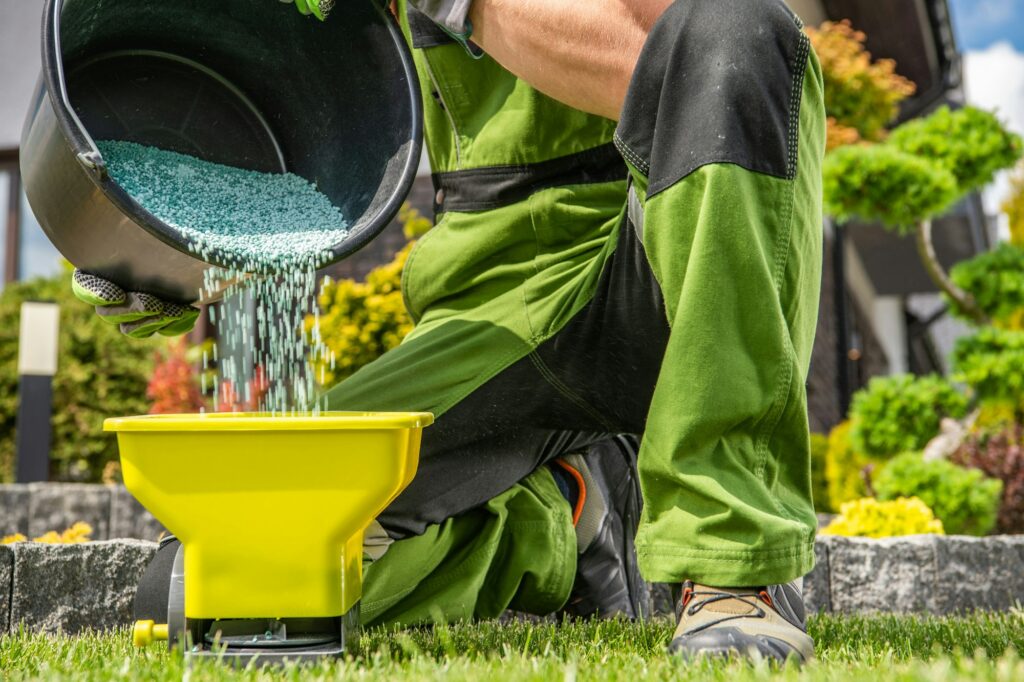
Granular fertilizer is the more popular choice between the two options in the United States. In fact, research indicates that as much as 90% of homeowners and lawn care enthusiasts use granular fertilizer over liquid. This is not necessarily to say that granular is always the better choice, but it clearly provides some benefits to users.
Key Takeaway – Granular fertilizers are better for sustaining the long-term health of your lawn, but each granule has a unique nutritional makeup, which may result in an uneven lawn.
Pros
- Slow-release delivery system
- Cheaper in bulk
- Easy to store
- Longer shelf life
- Fewer applications
- Easy to see and monitor on lawn
Cons
- Results take longer to see
- Granules must be watered in lawn
- Granules vary in nutrition content
- Can lead to uneven growth
- Can lead to burned turf patches
- Must clean-up on paved surfaces
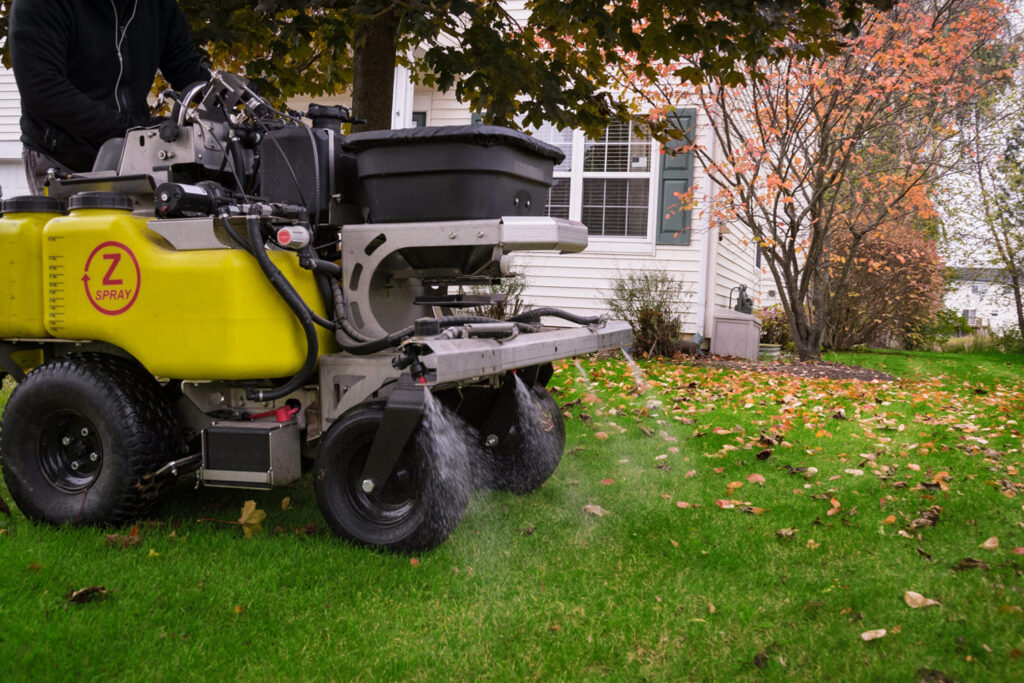
Liquid fertilizers are popular among users because of their ease of use and fast-acting results. From a professional standpoint, liquid fertilizers tend to provide better consistency in terms of coverage and nutrient distribution as well. Liquid fertilizers also have the benefit of not being displaced by things like the wind or foot traffic.
Key Takeaway – Liquid fertilizers are great for getting quick results, but they require frequent applications because of their fast-releasing nature.
Pros
- Quick results
- Easy to apply
- Covers more ground
- Consistent nutritional content
- No clean-up on paved surfaces
- Easy to tailor mixtures
Cons
- Costly compared to granular
- Frequent reapplications needed
- Shorter shelf-life
- Turf stress caused by rapid growth
- Can evaporate on hot day
- Will wash away in the rain
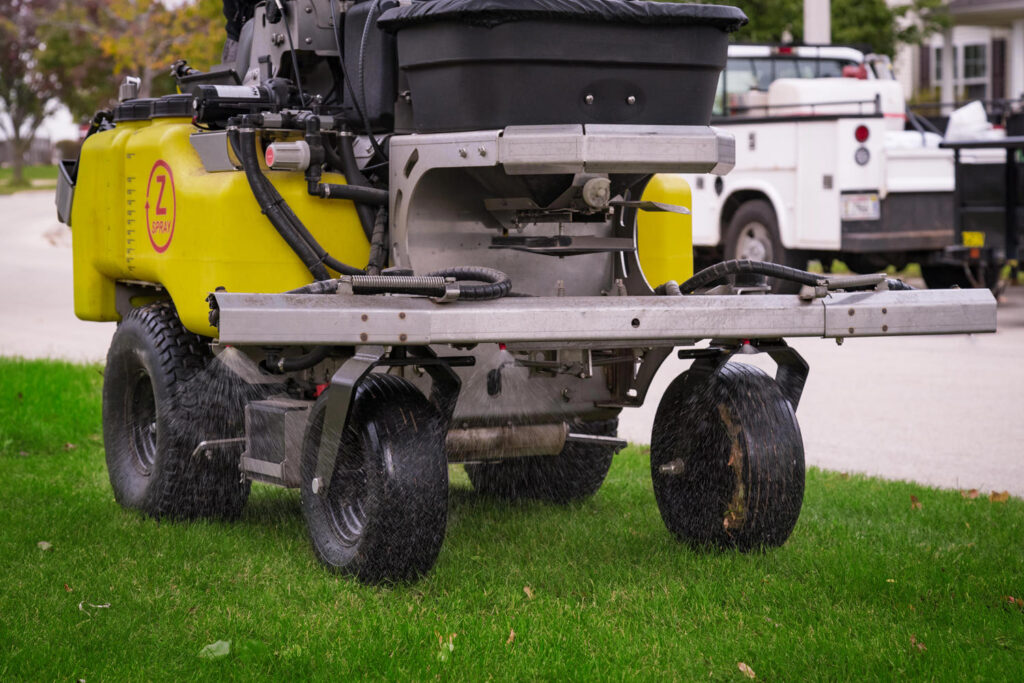
Whether you have a cool-season lawn or a warm-season lawn, tall fescue or Bermudagrass, both granular and liquid fertilizers can be effective when applied correctly! The only times liquid fertilizer is always preferable over granular is when a lawn is either just starting out from bare soil, or if a lawn is on the verge of dying.
Granular fertilizer has a higher salt content, which can be damaging to new seedlings trying to germinate. The inconsistent nutritional makeup of granular options also makes them not ideal for new lawns because you could easily end up with an uneven lawn right out of the gate! Lawns that are severely struggling and need a quick boost of nutrition also benefit from the quick-release delivery of liquid fertilizer.
What About The Bushes? – For the bushes, shrubs, hedges, and other large plants in and around your lawn, use a slow-release granular fertilizer for perennials and a liquid fertilizer for annuals.
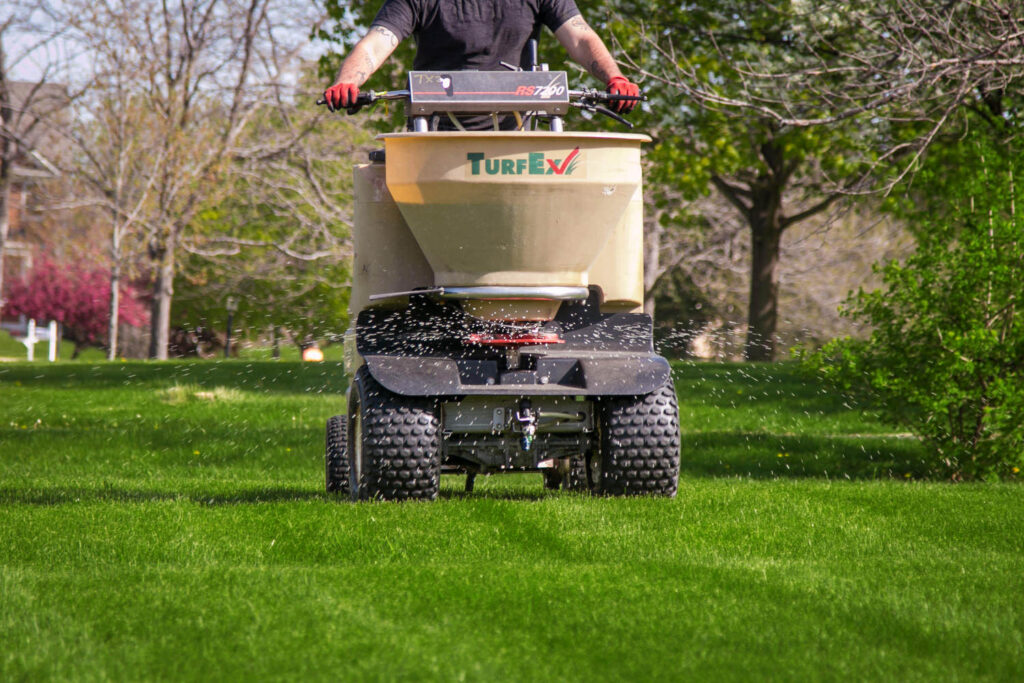
Liquid fertilizers are beneficial year-round when they are applied correctly, and granular fertilizers have benefits during colder weather. Granules provide slow-release of nutrients over a long period of time, which makes them ideal for these seasons when growth is slower and more gradual. The higher salt content in granular fertilizers can also help to speed up the natural dormancy process of grass during the winter months. Liquid fertilizer is also effective in the cooler months, but be sure you are not applying too much as your grass enters dormancy.
Granular Fertilizer Gets Down – When leaves and debris start falling onto your lawn at the end of the season, granular fertilizers will be able to reach the soil because they won’t be absorbed by the plant matter on top of your grass.
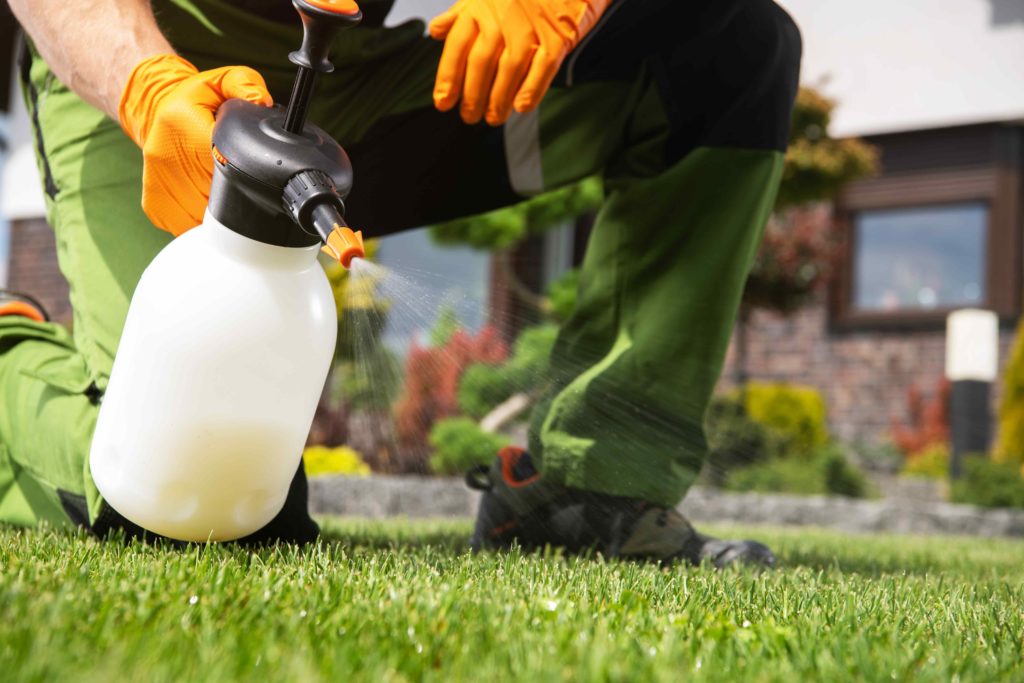
When applied correctly, both granular and liquid fertilizers are effective tools in maintaining healthy, thriving lawns all year round! Granular fertilizers provide slow-release nutrition that sustains your lawn over a longer period of time, while liquid fertilizers offer quick results with frequent applications.
Though granular is the more traditional option, liquid fertilizers are getting used more and more. To make sure you use the right fertilizer for your lawn, call your local lawn care company today!
Start Your Quote Today! Getting Started
Get your weekend back & simplify your life this season. Trust Elite Lawn Care for your Lawn Care, Landscaping & Snow Removal needs.
-
1Choose Your ServicesChoose the services your property needs throughout the year.
-
2Set Up & Finalize Your AccountFill out the form & one of our team members will contact you.
-
3Discover The DifferenceServices are automatically scheduled, completed & billed.

